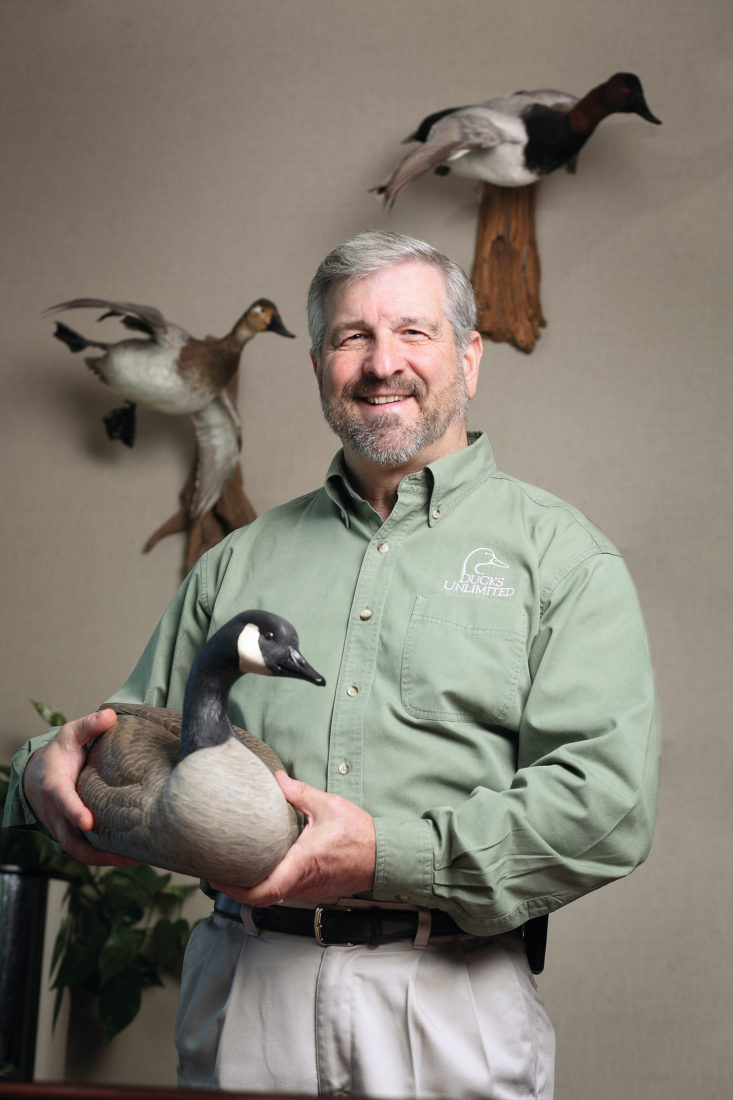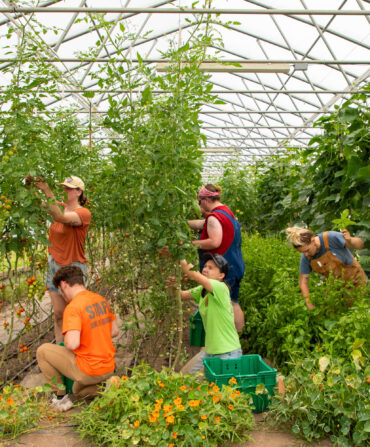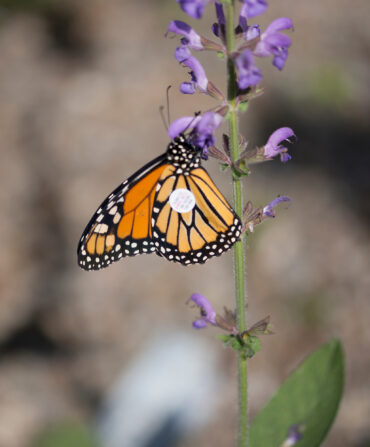Dale Hall loves nothing more than to take a stand in a flooded hardwood bottom and watch the sky darken with ducks. The Kentucky native and former director of the U.S. Fish and Wildlife Service cut his teeth in Southern swamps and wetlands. His first job as a wildlife biologist was managing catfish farms in the Mississippi Delta. Newly minted as CEO of the Memphis-based conservation powerhouse Ducks Unlimited, Hall takes over at a time when images of the South—and of Southern wetlands—have captured the world. This winter, DU will be marshaling its resources, including a $2.5 million grant from the National Fish and Wildlife Foundation, to protect waterfowl on the Gulf Coast.
The BP spill has served as a crash course in wetlands issues for every American. How has DU responded?
This tragedy put the South in the spotlight when it comes to waterfowl conservation. The region affected by the oil spill typically winters thirteen to fourteen million ducks and geese, and within days of the spill we had staff on the ground identifying places and ways to provide “safe havens” for waterfowl this winter. Where could we flood fields and manage rice stubble to offer birds alternatives to oiled areas? What arrangements could we make with private and public landowners to hold birds and prevent them from wasting precious energy trying to find clean habitat?
Does the spill provide a platform for raising the level of conservation dialogue in the South?
Absolutely. After Katrina, the conservation message was that wetlands protect levees, and the levees protect human lives in the Gulf region. Now the oil spill underscores what wetlands do for the economic health of the South and the rest of the nation.
Your work at USFWS involved policy and politics on an international scale, while DU’s reputation has been based on its hands-on land management work. Do you see policy initiatives growing in importance at DU?
If we don’t work effectively in the policy arena, every step we take forward in habitat improvements is at the risk of someone forcing us two steps back due to a regulatory or policy issue. There will be an evolution in matching on-the-ground wetlands conservation with a strong policy declaration and framework. That’s important not only for what it says to politicians and agency officials, but what it says about wetlands and waterfowl: Conservation is a critical part of the American value system.
So much waterfowl work takes place in Northern regions. What would you tell Southern hunters about waterfowl conservation?
Waterfowl hunters have long understood that ducks and geese need a round-trip ticket, and Southern hunters should never doubt how critical wintering grounds—and wintering grounds conservation—are on a continental scale. The whole life cycle is in jeopardy if birds don’t leave the South in good breeding condition.
New hunter recruitment is an issue tied directly to conservation dollars. What are DU’s plans to positively affect the hunting population?
For decades we’ve focused on biological sciences and depended on hunters to recruit new hunters. We have a very strong Greenwing program, but we must ask tough questions: Are we reaching people who would likely hunt anyway? What are we doing to reach people who have no pathway to hunting?
Is there a role for private landowners in a new paradigm for hunter outreach?
A critical role. First, we need to commend landowners who have kept properties wild and open. That’s a huge commitment. And we need to help those folks understand that these natural treasures also carry an obligation. Private landowners have built-in conservation classrooms right outside their doors. Are you offering to let teachers use your club as an outdoor wetlands classroom? Could you let a group go birding on your property a few times a year? We’re not talking about opening up the gates to the general public. But private landowners enjoy a shared public resource, and they have huge potential to engage nonhunters in meaningful ways.
Enough easy questions. When did you last eat grits?
Just last week! But no sugar. You can tell when someone is not from the South when they break out the sugar bowl at breakfast.








